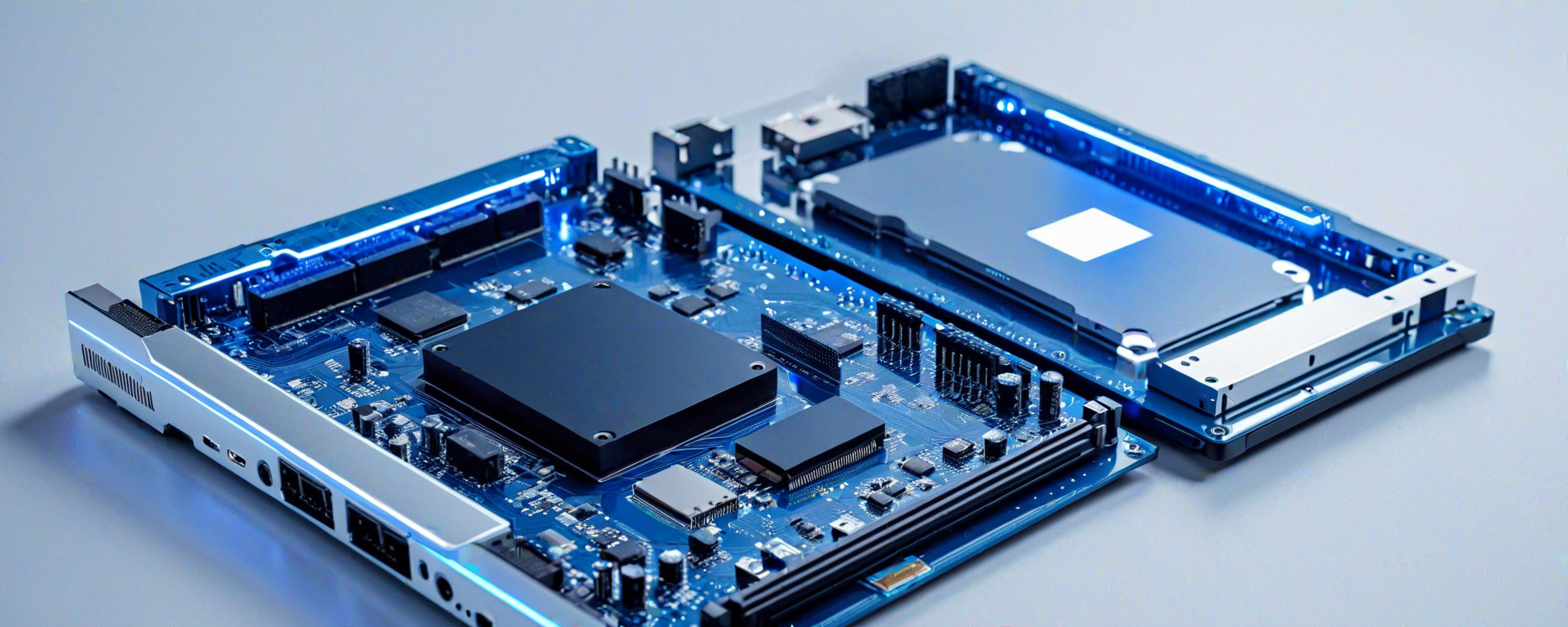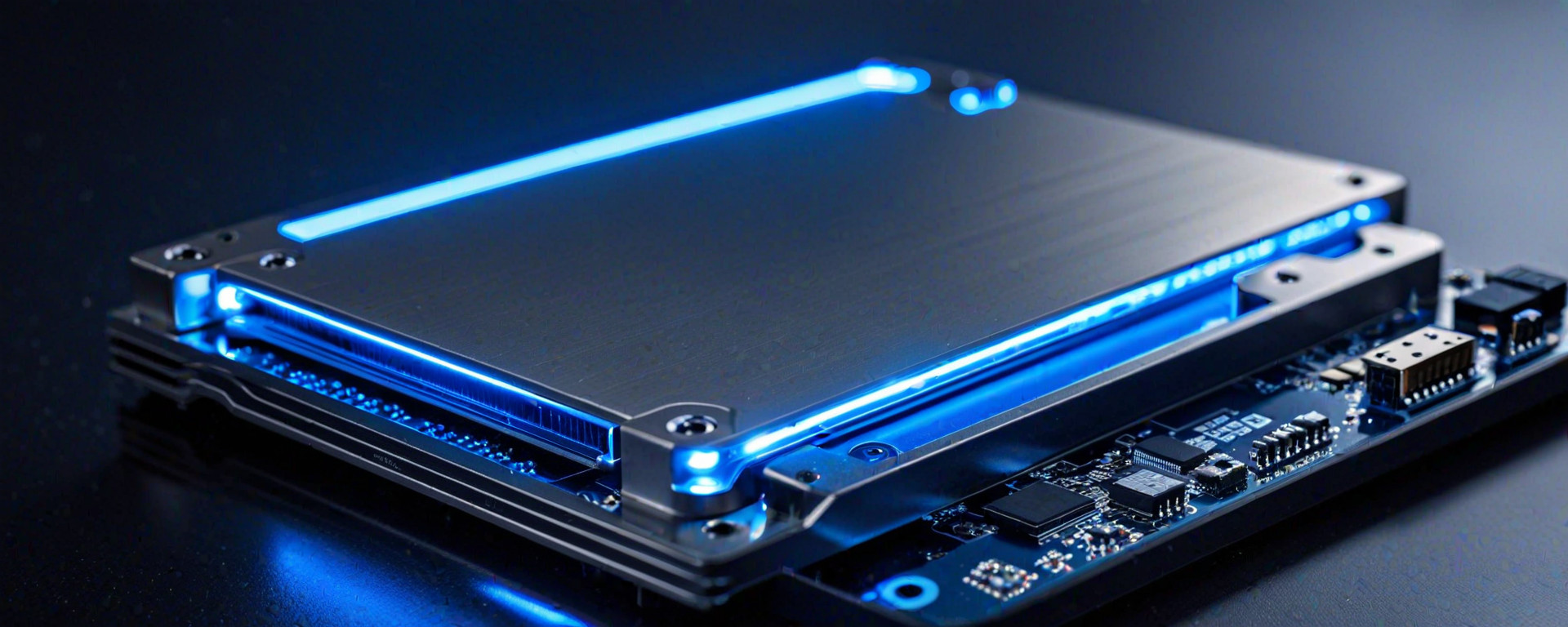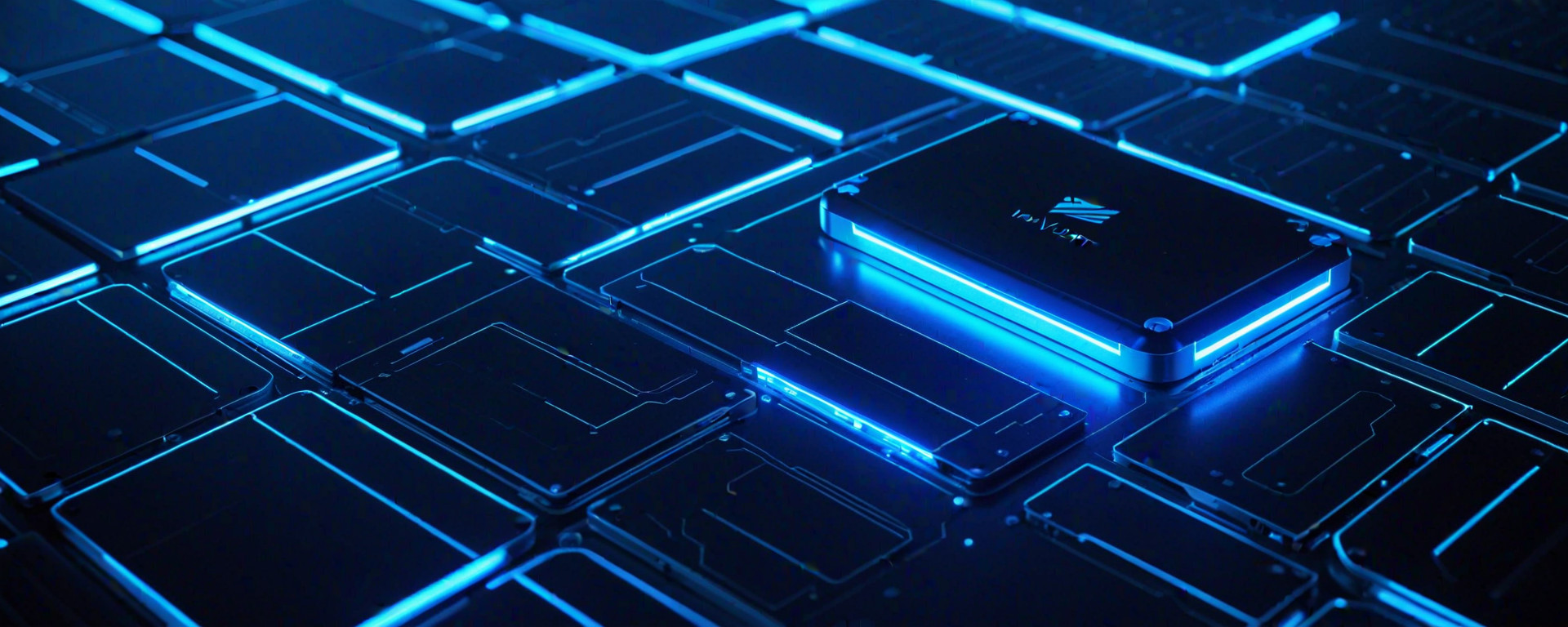Introduction
In today's fast-paced computing environment, selecting the right storage solution for your PC can significantly impact performance, reliability, and overall user experience. Two primary types of storage devices dominate the market: Solid State Drives (SSDs) and Hard Disk Drives (HDDs). Both have distinct advantages and disadvantages that cater to different needs. This guide aims to provide a comprehensive comparison between SSDs and HDDs to help you make an informed decision based on your specific requirements.
Whether you're upgrading an existing system, building a new PC, or simply curious about the latest storage options, understanding the nuances of SSDs and HDDs is crucial. This article delves into technical specifications, performance benchmarks, real-world scenarios, cost analysis, and troubleshooting tips to equip you with all the necessary information for choosing the right storage solution.
Understanding SSDs (Solid State Drives)
What Are SSDs?
Solid State Drives (SSDs) are a type of non-volatile storage device that uses flash memory to store data. Unlike traditional HDDs, which use spinning magnetic platters and mechanical arms for data access, SSDs rely on integrated circuits for faster read/write speeds without any moving parts.
Advantages of Using SSDs
- Speed: SSDs offer significantly faster read and write speeds compared to HDDs. This translates into rapid boot times, quick application loading, and seamless multitasking capabilities.
- Reliability: With no moving parts, SSDs are less prone to mechanical failure, making them more reliable over time.
- Power Consumption: SSDs consume much less power compared to HDDs, contributing to longer battery life in laptops and lower electricity costs for desktop setups.
- Durability: The absence of moving parts makes SSDs more resistant to physical shocks and vibrations, ideal for portable devices or environments with frequent movement.
Understanding HDDs (Hard Disk Drives)
What Are HDDs?
Hard Disk Drives (HDDs) are the traditional form of storage that has been around since the early days of computing. They store data on rotating magnetic platters accessed by read/write heads, which move over the surface to retrieve and write information.
Advantages of Using HDDs
- Cost-Effectiveness: Generally more affordable per gigabyte compared to SSDs, making them a cost-effective option for large storage needs.
- Data Density: Capable of storing vast amounts of data in a single unit, ideal for users requiring extensive storage space.
Comparison Table: SSD vs. HDD
| SSD | HDD | |
|---|---|---|
| Price Per GB ($) | $0.50 - $1.00 per GB (NVMe) | $0.03 - $0.20 per GB |
| Read Speeds (MB/s) | Up to 7,000 MB/s (PCIe NVMe SSDs) | Up to 150-200 MB/s |
| Data Transfer Rate (TBW/Year) | High; varies by model and warranty | N/A; limited by mechanical wear over time |
| Durability | Very High; resistant to shock and vibration | Low; susceptible to physical damage due to moving parts |
| Noise Level | Near silent operation | Slight humming or clicking sounds during read/write operations |
| Power Consumption (Watts) | 2-5 Watts | 4-10 Watts, depending on RPM |
| Data Access Time (ms) | Less than 0.1 ms | Around 7-10 ms |
Detailed Comparison: SSD vs. HDD
Performance Benchmarks
SSDs typically outperform HDDs in terms of read/write speeds and data access times, thanks to their solid-state nature:
- Average Read Speed (HDD): 150 MB/s
- Average Write Speed (HDD): 120 MB/s
- Read/Write Speeds for NVMe SSDs: Up to 7,000 MB/s
Real-World Usage Scenarios and Case Studies
- Scenario: High-Precision Graphics Rendering on a Desktop PC:
An artist working with high-resolution images and complex vector graphics would greatly benefit from an SSD's fast read/write speeds, enabling smoother rendering times.
- Case Study: Data Recovery for Critical Business Files:
In the event of data loss due to physical damage or corruption, an SSD’s durability and reliability can significantly improve recovery chances compared to a fragile HDD.
Troubleshooting Common Issues with SSDs and HDDs
SSD Troubleshooting Tips
- Data Corruption: Use S.M.A.R.T. (Self-Monitoring, Analysis, and Reporting Technology) tools to monitor drive health.
- Overwriting Data: SSDs can suffer from excessive wear if data is frequently written over the same blocks; use TRIM functionality to optimize performance.
HDD Troubleshooting Tips
- Noise Levels: If your HDD makes unusual noises, it may indicate mechanical failure or impending issues. Consider backing up data and replacing the drive.
- Data Recovery Tools: Use reliable data recovery software to attempt retrieving lost files from a failing HDD before physical damage becomes irreversible.
Alternatives and Upgrades
Upgrade Options for Enhanced Performance
Consider upgrading your system with NVMe SSDs or hybrid drives combining the benefits of both SSD speed and large HDD capacity:
- Adding an NVMe PCIe SSD as a Boot Drive:
- Utilizing Hybrid Drives (SSD + HDD):
Frequently Asked Questions (FAQs)
Q: Are SSDs more reliable than HDDs?
A: While both types of drives have their own reliability characteristics, SSDs generally offer better durability and are less prone to physical damage due to lack of moving parts. However, their longevity depends on usage patterns and drive quality.
Conclusion
The choice between an SSD and HDD ultimately depends on your specific needs regarding performance, cost, capacity, and durability. For the majority of modern computing tasks, particularly those requiring fast data access speeds, SSDs are recommended for their superior speed and reliability. However, HDDs remain a practical option for users prioritizing large storage capacities at lower costs.
Note: The above information is based on general trends and specific examples might vary depending on individual use cases and drive models.








